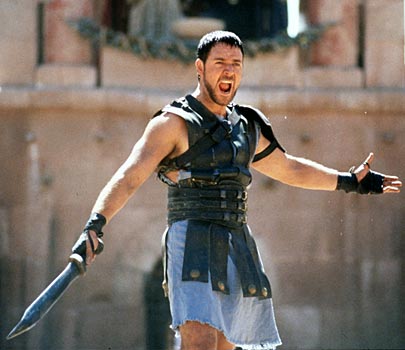2018 Winter Olympics begin and many athletes to achieve their dream will find themselves in the position of having to provide the performance which is worth a life. The Olympic Games are the most important event for each athlete, it’s the competition that can change their sports career, much more than a world championship. it’s true for those who have already won and would like to repeat and for those athletes who are for the first time in the leading role. In fact, despite the doping scandals, winning a medal in the Olympics is still the dream of every athlete and for those who have a realistic chance of success is really all they don’t dared to think, for fear the desire take place.
In these last days, the athletes have to handle their panic, they can swing by the peaks of confidence in their abilities, supported by the results obtained, with moments of sheer terror in which negative scenarios seem to take over. More rare that these emotions leaping those athletes who cannot aspire to the Olympic podium, who aspire to a good performance, which are already satisfied to compete during the world’s biggest sport event.
For others, those who compete for a medal, those at the top of the world ranking, the wait can be exhausting. They have to know how to handle this waiting phase, accepting this emotional background noise in all its shades, reducing the destructive emotions with constructive moods and thoughts. The race with themselves doesn’t begin just before the start moment, it has already begun in these days. Because the before determines the after, as you face the days immediately preceding determines how you will get to race day.
I often asked the athletes which the mental part of their warmup. For many consists to mentally repeat their performance or use key words, chosen by them, to reach a level of optimal emotional activation. This mental work determines a mixture of emotions, physical sensations and thoughts, used to be focused only on their performance. In this way, they lead themselves to the moments preceding the start, inside their mental bubble, totally caught up in what they’re doing; then they start and everything happens, or should happen, in a way apparently spontaneous.
![Fig. 6 Physical activity has long lasting benefits that affect all aspects of a child’s life and last into adulthood. (Courtesy of Aspen Institute Project Play) [Citation]](https://static1.squarespace.com/static/54b4319ee4b02eb93428f3d1/t/54bd6fd0e4b096702d4cc9a2/1421701074531/activity-life-cycle.jpg?format=2500w)





